The meeting was chaired by Shane Mellor, President of the Ferrous Division and Managing Director of UK-based Mellor Metals. "More than 90% of global steel production now comes from countries with high decarbonization targets. The demand for low carbon materials has never been higher. As metal recyclers, we are key facilitators of this transformation. But we need to demonstrate our environmental footprint and the transformative impact of recycled metal in green steel production with robust data."
Conducted in collaboration with KPMG
The new study, “The Environmental Benefits of Recycling”, was conducted by the BIR in collaboration with the consulting firm KPMG. Daniel Pietikäinen, BIR's Trade and Environment Policy Officer, stated that the study is a strong defense tool against the “unfair policies” faced by the recycling sector:
"This report is groundbreaking in demonstrating the value created not only economically but also environmentally. If we can get the right message to the right decision-makers at the right time, it could lead to positive regulatory changes for the whole industry."
Pietikäinen summarized the savings from the use of recycled steel as follows:
- Reduction in carbon emissions equivalent to the annual emissions of major countries,
- The energy savings are equivalent to the annual consumption of hundreds of millions of households,
- With trillions of liters, the water savings could fill millions of swimming pools,
- The land savings protect thousands of square kilometers of land.
Support from academia
Prof. Dr. Frank Pothen from Jena University of Applied Sciences in Germany also commented on the study, adding, "The ecological benefits of using recycled steel are enormous. This study will ensure that these benefits are communicated effectively."
Comments from industry insiders
Following the presentations, a question and answer session moderated by George Adams, CEO and President of SA Recycling, shared important views on the industry. Pietikäinen noted that what surprised him the most in the report was that “the data is presented in a way that the public can easily visualize”.
Denis Reuter, COO of TSR Group, stated that financial institutions are now paying more attention to the cost of carbon emissions, so there has been a shift in the discourse on emissions.
Navigate Commodities expert Atilla Widnell argued that many steel producers are still in “survival mode” and some decarbonization projects have been shelved.
Tariffs and artificial intelligence on the agenda
Michael Gaylard, Global Head of Ferrous Trading at Sims Metal, stated that there are difficulties in shipment planning due to tariffs and uncertainty persists despite the US postponement of tariffs on Europe until July 9. Gaylard also noted that work is ongoing on how artificial intelligence can be used in container operations, but that there are difficulties in practical applications in small-volume sites.
World steel production data shared
Speaking at the meeting, BIR Statistics Advisor Rolf Willeke announced that world crude steel production in 2024 was 1 billion 883 million tons, a slight decrease of 0.8% compared to 2023. Asia was the largest producing region, with 1 billion 326 million tons of steel produced by blast furnaces and 549 million tons by electric arc furnaces.
Willeke also noted that in terms of green steel production, production based on the use of Direct Reduced Iron (DRI) was increased by 3.9% y/y at 144 million tons and should be closely monitored.



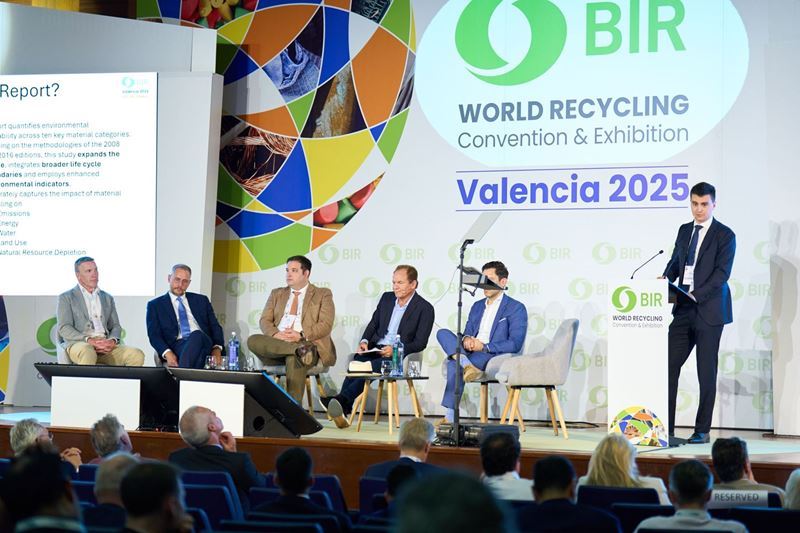
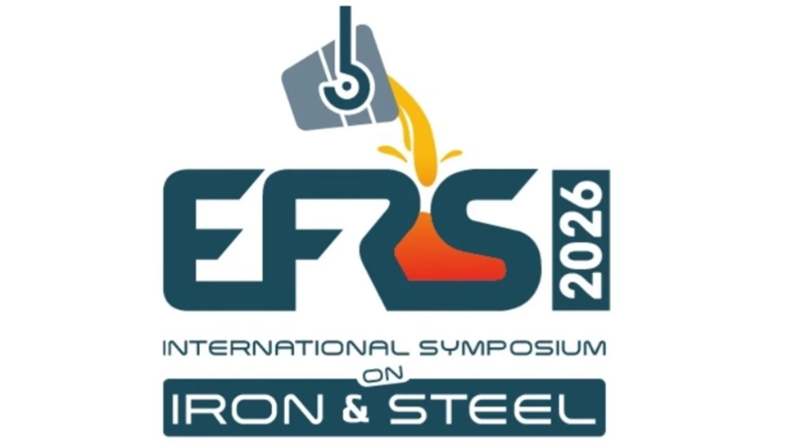
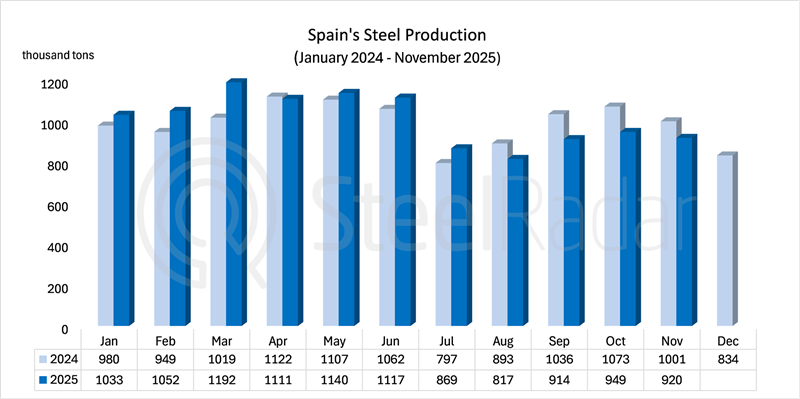
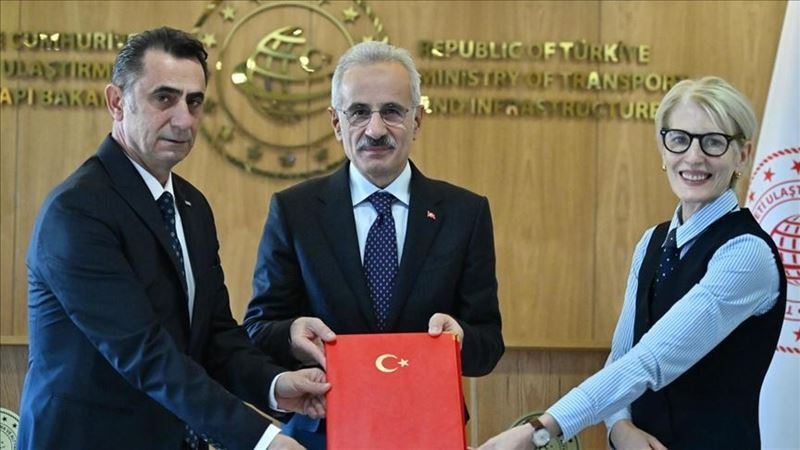
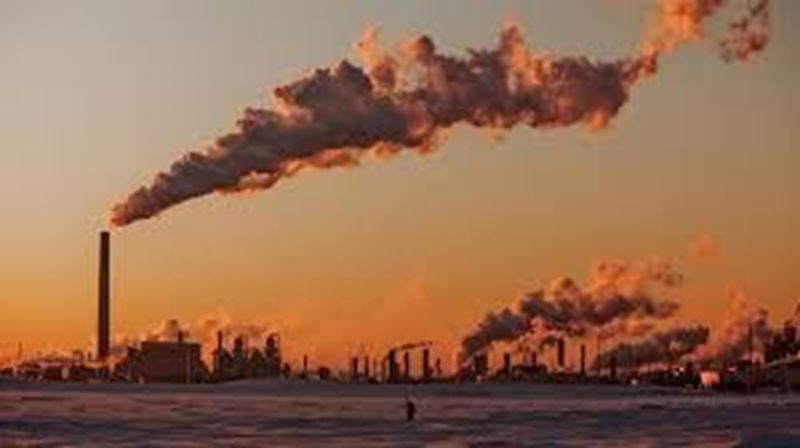



Comments
No comment yet.